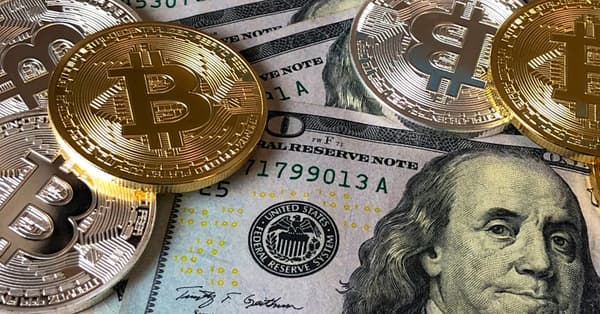Why PancakeSwap is Dominating DeFi on Binance Smart Chain
Curious about PancakeSwap's explosive growth? Discover how it's reshaping DeFi with over $3 billion in trades this month and the implications of forking protocols.
As of October 2023, the Binance Smart Chain (BSC) has been experiencing explosive growth in decentralized finance (DeFi) projects, with PancakeSwap firmly establishing itself as the top decentralized exchange (DEX). Recent reports reveal that PancakeSwap has facilitated over $3 billion in trades just this month.
With the rising interest in forking existing DeFi protocols, it’s essential to grasp the legal landscape surrounding these actions. As regulatory scrutiny intensifies, the implications of forking contracts like those of PancakeSwap have become increasingly significant, particularly for developers and entrepreneurs navigating the crypto space.

In this article, we’ll dive into the legal issues tied to forking PancakeSwap contracts, examine the consequences for developers, and share actionable insights to help you maneuver through this complex terrain.
🎯 KEY INSIGHT

In October 2023, PancakeSwap accounted for over 25% of all BSC trades, emphasizing the platform's dominance in the DeFi arena.
1. Grasping Forking in DeFi
1.1 What Exactly is Forking?
- Definition: Forking in blockchain refers to creating a new version of a protocol by altering its existing code.
- Types of Forking: There are two main types: hard forks, which generate a completely separate blockchain, and soft forks, which introduce backward-compatible changes.
- Importance: Forking empowers developers to innovate, fix bugs, or respond to community feedback, thereby enhancing the DeFi ecosystem.
1.2 The Role of PancakeSwap in the BSC Landscape
- Overview: PancakeSwap stands as the leading decentralized exchange on BSC, offering features like yield farming and staking.
- Market Position: It serves as a benchmark for other DEXs, boasting substantial liquidity and trade volume.
- Impact: The success of PancakeSwap has inspired a multitude of forks eager to capitalize on its functionality.
1.3 Why Do Developers Opt to Fork?
- Motivations: Developers may choose to fork to enhance existing features, introduce customizations, or address perceived shortcomings in the original contracts.
- Successful Examples: Notable examples include SushiSwap, which leveraged the PancakeSwap model for aggressive growth while introducing unique incentives.
- Innovation: Forking can spark novel solutions that benefit the entire ecosystem, reinforcing the collaborative spirit of DeFi.
2. Navigating the Legal Framework for Forking Contracts
2.1 Copyright and Intellectual Property Considerations
- Copyright Laws: Smart contracts can fall under copyright protections, complicating the forking process.
- ...